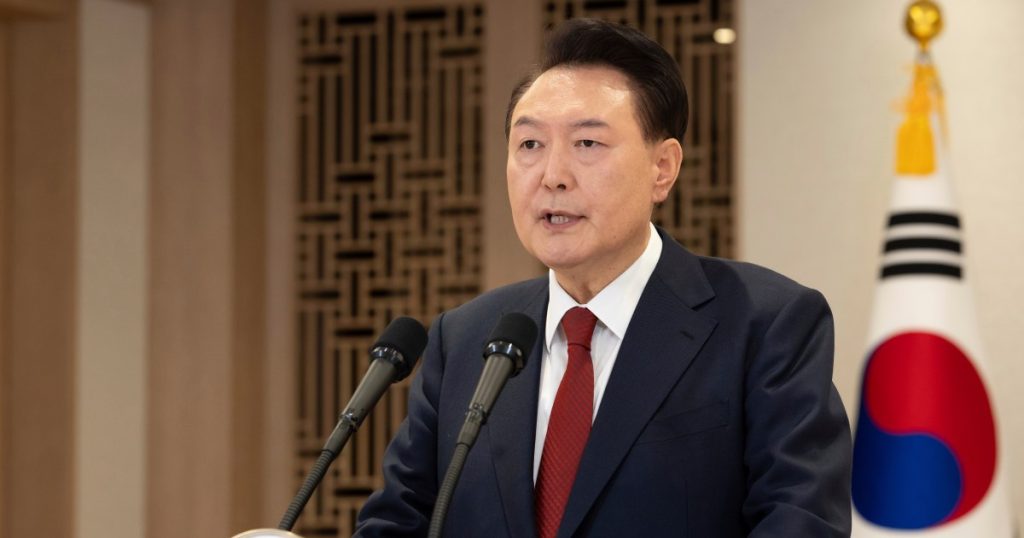HISTORY IN DEVELOPMENTHISTORY IN DEVELOPMENT,
The court’s issuance of an arrest warrant marks the first time South Korean authorities have sought to detain a sitting president.
A South Korean court has issued an arrest warrant for President Yoon Suk-yeol blamed for his short-lived declaration of martial law in a historic first.
Seoul’s Western District Court on Tuesday approved the arrest warrant following a request by the Joint Investigation Staff, which is investigating South Korea’s embattled leader for sedition and abuse of power.
“The arrest warrant and search warrant for President Yoon Suk Yeol requested by the Joint Investigation Staff were issued this morning,” the Joint Investigation Staff, which includes officials from the Office of Corruption Investigation for Senior Officials ( CIO), the police and the Ministry of Defense, said in a statement.
The move marks the first time authorities have sought to arrest a sitting South Korean president.
It is unclear when authorities may try to take Yoon into custody.
Yoon’s security detail has previously blocked investigators from executing a number of search warrants at the presidential office complex and the president’s official residence.
The Presidential Security Service said in a statement shortly after the court’s decision that it would handle the order in accordance with legal processes.
South Korean media have speculated that Yoon is unlikely to be arrested immediately as authorities will probably seek to coordinate with the presidential security service.
Yun Gap-geun, a lawyer for Yoon, said in a statement that the order was “illegal and invalid,” arguing that the CIO does not have the authority to investigate the president for sedition.
Kwon Sung-dong, head of Yoon’s People’s Power Party, also criticized the court’s decision to issue an order, describing it as “inappropriate”.
Yoon faces life in prison, or even death, for his brief imposition of martial law on Dec. 3, which has plunged the East Asian nation into its biggest political crisis in decades.
Yoon has been suspended from office since Dec. 14, when the National Assembly voted to impeach him in a 204-85 vote.
In a deepening of the country’s leadership crisis, the opposition-controlled legislature voted on Friday to also impeach acting President Han Duck-soo, handing presidential authority to Deputy Prime Minister and Finance Minister Choi Sang-mok.
The Democratic Party and several smaller opposition parties voted to impeach Han for his refusal to immediately appoint three judges to fill vacancies on the Constitutional Court, which is considering whether to uphold Yoon’s impeachment.
The court has up to six months to make its decision, after which Yoon will either be removed from office or restored to the presidency.


